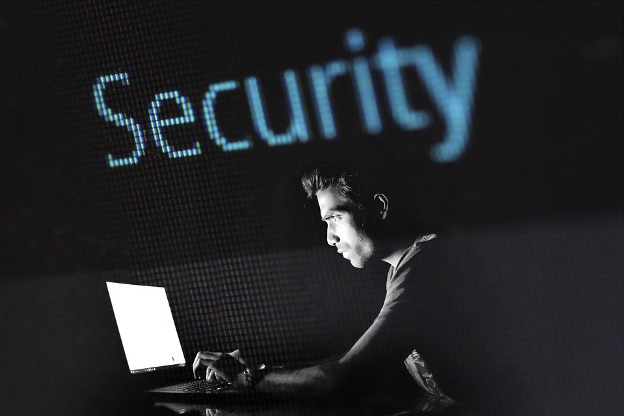While technology makes things more convenient for us, it also exposes more people to risks, most notably personal data hacking. Are you sure your personal information is secure and away from prying eyes?
One of the most dangerous aspects of online access is identity theft. Although email and social media have given us the ability to talk to people from all over the world, it has also become a vehicle for others to wreak havoc in people’s lives. These days, cybercriminals may access tons of personal information online, which they use to either blackmail others or steal financial records.
Some people think that they are already cautious enough about their online privacy settings. However, they fail to realize that by allowing third-party applications to access their profiles, this may also open a door for malicious individuals to get sensitive data. Even the GPS on your mobile phone can be used by cybercriminals to track you down.
Once a user’s information – such as location, date of birth, and family connections – has been acquired, cybercriminals can use this to hack into personal accounts such as banking and online storage.
How To Protect Your Personal Data
Here are ways on how you can protect your personal data from hacking and other malicious intentions:
Secure your home WIFI
Most homes have their own WIFI at home. Password-protect your WIFI to prevent others using your connection in creating malicious activities. Make sure that you have security for home network and connected devices.
Keep private data private
Never place important information on your social media profiles. You may want to be honest about who you are and share with people a little information about you. However, this could become an invitation for cybercriminals to use your profile for some of their unlawful activities.
Unless you are a celebrity, you may want to consider setting your privacy to “friends only” so that only your close friends can view the posts that you share.
Keep your web browsers up to date
This alone can already provide a higher level of security to protect you from potential attacks that could otherwise damage your operating system and expose your personal data to malicious entities.
Create a unique password in accessing your social media accounts
You may have noticed that some social media sites will ask for a strong password using alphanumeric and special symbols. Refrain from using your birthday, nickname or words that could be easily traceable to you.
In addition, it’s also wise to use different passwords for your site logins instead of using a common password for all of them.
Change passwords often
Online banking is a very convenient way to track your bank transactions. To be safe, change your password frequently and use a different email linked to your online banking account.
Don’t open suspicious files and messages
If something pops up on your browser or OS about a new app installation, think twice about saying yes. This might be malware hiding under the guise of “reputable” applications. In short, refrain from opening anything that you’re not sure of, whether it’s an email message or a downloadable file.
The rate of cybercrimes may be escalating, and this may be aggravated by the recklessness of some people about information that they share on the web. By keeping your sensitive information secure and hidden, you can rest assured that your online profiles are safe from hacking.
